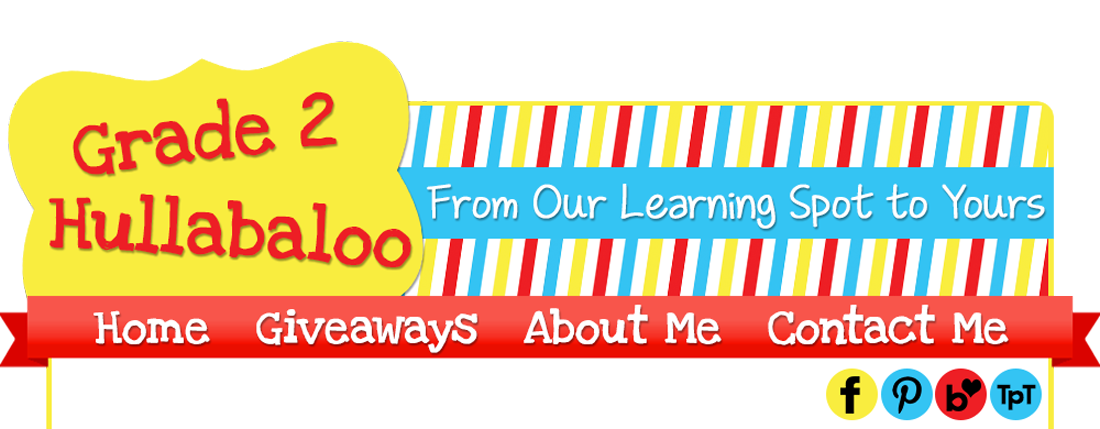Let me just begin with a confession: I love children's literature. Love it! I think it provides teachers with one of the best teaching tools there is.That tool is relatability. Children relate to the characters in the books we share with them. This doesn't always happen in textbooks.
I sometimes say, under my breath, "Textbooks! Schmextbooks!" Nine times out of ten, I can find a children's book in my classroom or school library that I feel is a more effective resource than a textbook. I've been a supporter of children's literature since I first began teaching. By supporter, I mean that my receipts file of purchases can attest to this.
So, mentor texts... When I first heard this phrase used by one of my teammates (who was working on a master's degree in reading), I felt a little panicked. "What the heck is a mentor text?" I wondered. I felt as though I was out of the loop. When I googled it, I said, "THAT's a mentor text?!" All this time, I've been calling them read alouds or just plain books, and someone came up with a fancy term for them! Does that ever happen to you?
Whether you're comfortable with the term read alouds or mentor texts, here is a review of one that I just purchased. Confession: I ordered six. I'll review the others in upcoming posts.
The Best Story, by Eileen Spinelli, isn't hot off the presses (published 2008), but it's worthy of a spot in your collection of read alouds mentor texts. Use this one for lessons that are related to the writing process, especially when it comes to the message of write what you know. Spinelli captures what we often see in our classrooms; some children are excited to write, but don't quite know how to get started.I find that these are often my continually reluctant writers. Here's a story that these writers might find relatable. I can feel a mini-lesson in the works about how to get started.
Spinelli also provides us with a teachable example of giving feedback. "Not enough action," said my brother Tim. How many times have we heard children try to give feedback to one another, only to have it come out like Tim's? Insert a mini-lesson on giving helpful, detailed feedback, here.
Finally, add making inferences to the list of great mini-lessons, because Ann Wilsdorf's illustrations are playful and filled with opportunities for students to make inferences. Do you love it when an artist is so insightful that she writes a complementary story with her illustrations? I do a little happy dance inside when I find a treasure of words and illustrations. I'm giving The Best Story one of the coveted slots of first-reads for writing mini-lessons this fall!
Finally, add making inferences to the list of great mini-lessons, because Ann Wilsdorf's illustrations are playful and filled with opportunities for students to make inferences. Do you love it when an artist is so insightful that she writes a complementary story with her illustrations? I do a little happy dance inside when I find a treasure of words and illustrations. I'm giving The Best Story one of the coveted slots of first-reads for writing mini-lessons this fall!
I was so happy and inspired, I created this prewriting puzzle freebie to go along with it. Click on the images to grab your copy!



No comments: